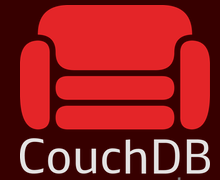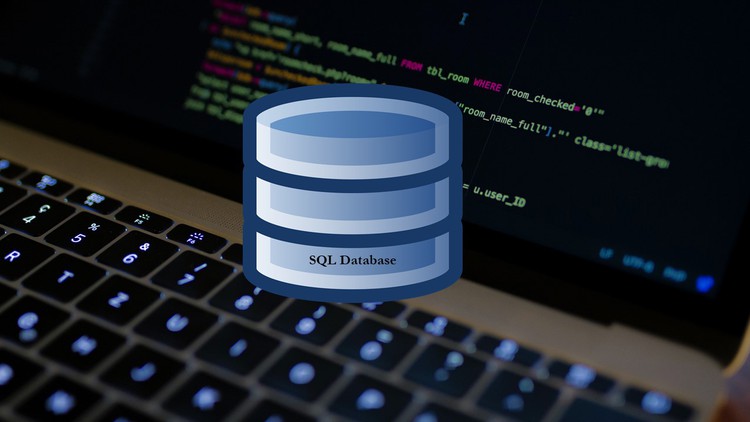Description
Introduction of Applications with YugabyteDB
YugabyteDB is a high-performance, distributed SQL database designed for cloud-native applications. It offers scalability, high availability, and ACID compliance across distributed systems, making it an ideal choice for modern application development. This training focuses on how developers can leverage YugabyteDB’s unique features to build, scale, and optimize their applications. By covering data modeling, API integration, and performance tuning, this course will provide developers with the skills to effectively use YugabyteDB in production environments.
Prerequisites of Applications with YugabyteDB
- Basic understanding of relational databases and SQL.
- Familiarity with distributed systems concepts.
- Basic experience in application development (preferably in Java, Python, or Go).
- Knowledge of cloud-native architectures and containers is a plus.
Table of Contents
- Introduction to YugabyteDB for Application Developers
1.1 Overview of YugabyteDB and its Key Features
1.2 Understanding Distributed SQL Architecture
1.3 Comparing YugabyteDB with Traditional and NoSQL Databases - Setting Up the Development Environment
2.1 Installing YugabyteDB Locally and on Cloud Platforms
2.2 Configuring YugabyteDB for Development and Testing
2.3 Setting Up Docker for Containerized Development - Data Modeling with YugabyteDB
3.1 Structuring Data for Distributed SQL(Ref: YugabyteDB Performance Tuning and Optimization)
3.2 Designing Tables and Indexes for High Performance
3.3 Sharding and Replication in YugabyteDB
3.4 Managing Relationships and Joins in Distributed Databases - Integrating YugabyteDB with Application Code
4.1 Using YugabyteDB with JDBC (Java) and Psycopg2 (Python)
4.2 Accessing YugabyteDB through gRPC APIs
4.3 Using YugabyteDB with ORMs: Hibernate and SQLAlchemy
4.4 Building REST APIs with YugabyteDB as a Backend - Building Scalable Applications with YugabyteDB
5.1 Implementing Horizontal Scaling for Read and Write Operations
5.2 Managing Shards and Replicas for Global Distribution
5.3 Ensuring Fault Tolerance and High Availability in Distributed Applications - Optimizing Query Performance
6.1 Writing Efficient SQL Queries for Distributed Databases
6.2 Using Indexing and Secondary Indexes for Faster Queries
6.3 Query Optimization Techniques and Debugging
6.4 Using Transactions and ACID Properties Effectively - Microservices and YugabyteDB
7.1 Integrating YugabyteDB with Microservices Architectures
7.2 Data Management Strategies for Microservices (CQRS, Event Sourcing)
7.3 Best Practices for Eventual Consistency and Distributed Transactions - Security and Access Control in Application Development
8.1 Implementing Role-Based Access Control (RBAC)
8.2 Securing Data: Encryption at Rest and in Transit
8.3 Best Practices for Secure Application-Database Communication - Deploying YugabyteDB with Applications
9.1 Using YugabyteDB in Cloud-Native Environments (Kubernetes, Docker)
9.2 Continuous Integration and Continuous Deployment (CI/CD) with YugabyteDB
9.3 Monitoring and Observability with YugabyteDB in Production - Case Studies and Real-World Application Development
10.1 Case Study: E-Commerce Application with YugabyteDB
10.2 Case Study: Real-Time Analytics and Data Streaming with YugabyteDB
10.3 Lessons Learned and Best Practices for Large-Scale Applications - Conclusion
Conclusion
By the end of this training, developers will have gained the knowledge and skills to build scalable, resilient applications using YugabyteDB. They will be equipped to design high-performance data models, integrate YugabyteDB into various application stacks, and deploy it in cloud-native environments. With the added benefits of distributed SQL, fault tolerance, and ACID compliance, developers can create applications that meet the demands of modern, data-intensive systems.







Reviews
There are no reviews yet.